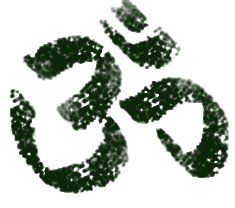“Strength, strength is what Upanishads speak to me from every page. This is the one great thing to remember, it has been the one great lesson I have been taught in my life…. Freedom – physical freedom, mental freedom, and spiritual freedom – are the watchwords of Upanishads.” – Swami Vivekananda
I have just discovered this remarkable book, largely due to the efforts of a friend who is wonderful Vedic scholar. Please follow the link above for a short description of the importance of the Upanishads. They form the basis for the philosophy of Yoga and the classic Bhagavad Gita. The language of this particular text is lively and modern. It is a wonderful book with many citations of modern day philosophers and religious thinkers. Two excerpts follow:

- “It is the phenomenon of death that makes us ask questions about life. This mood of questioning comes to all people at some time or other in their lives.But the mood does not stay; the pressures of external life drive it away and man continues his humdrum existence, shut out from the knowledge of the mystery which alone renders life meaningful and worthwhile. But if the mood stays, man becomes philosophical; he achieves spiritual depth. If it is not properly handled, however, this mood will make man pessimistic and apathetic, and rob him of all zest in life.”

- “When one achieves some sort of order and stability in his/her outer life, and if her mind is not stifled in the process but continues to be creative and seeking, he is bound to feel the impact of a vaster and more significant inner world pressing upon his mind and seeking his attention. It is only then that he becomes aware of something profound and deep within himself; close to him and not far away. This recognition at once makes for a gradual silencing of the clamors of the sense organs; a mood of inwardness and peace descends on the soul of man; and she now enters on the search for the truth of experience, not in the field of sense-data, but beyond them. Only a seeker endowed with such a frame of mind, and backed by a measure of inner discipline, can pierce the outer literary form, and enter into the spiritual atmosphere, of the Upanishads.”

